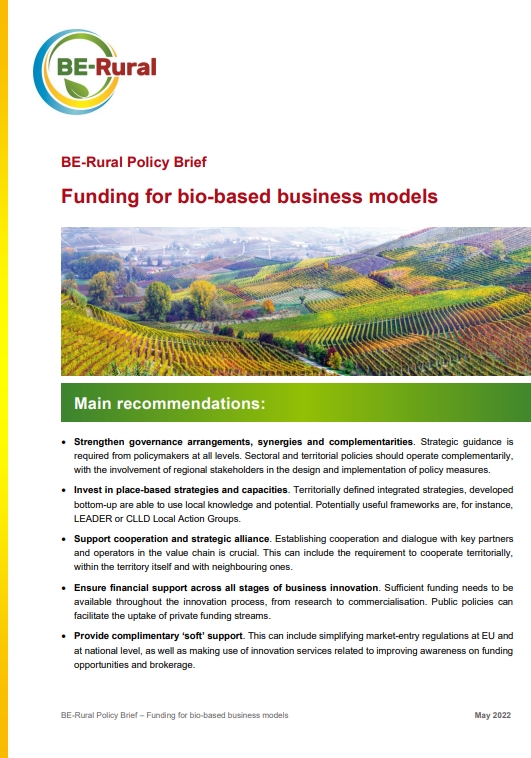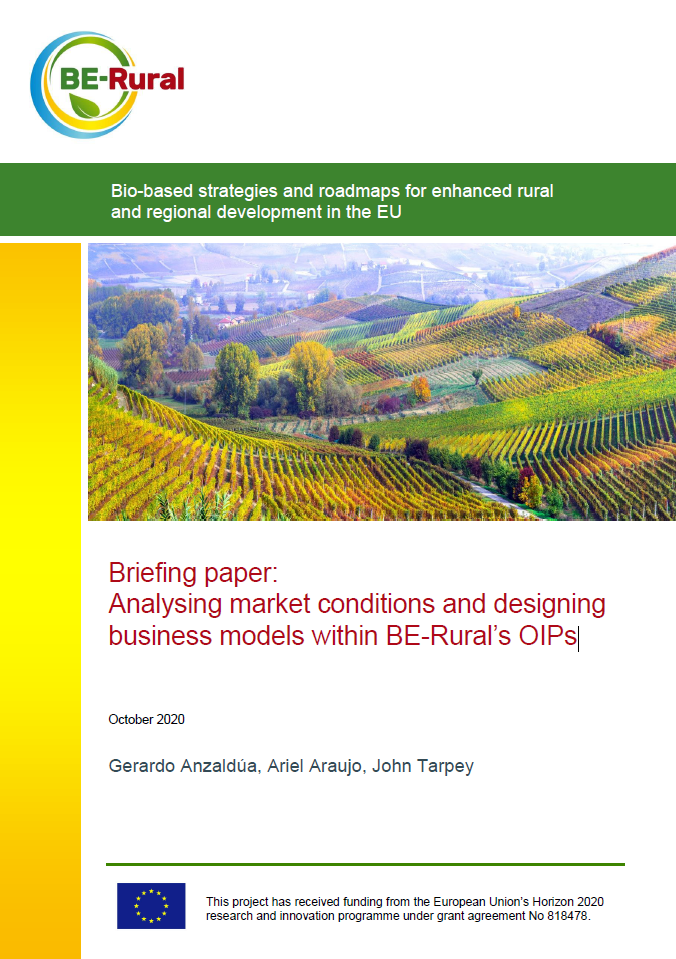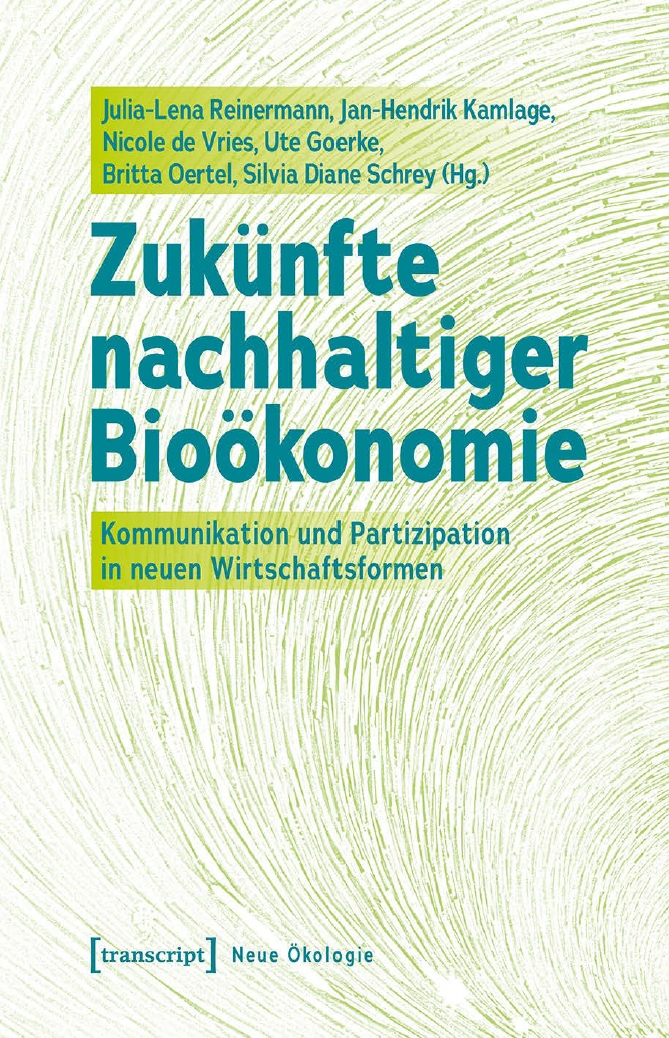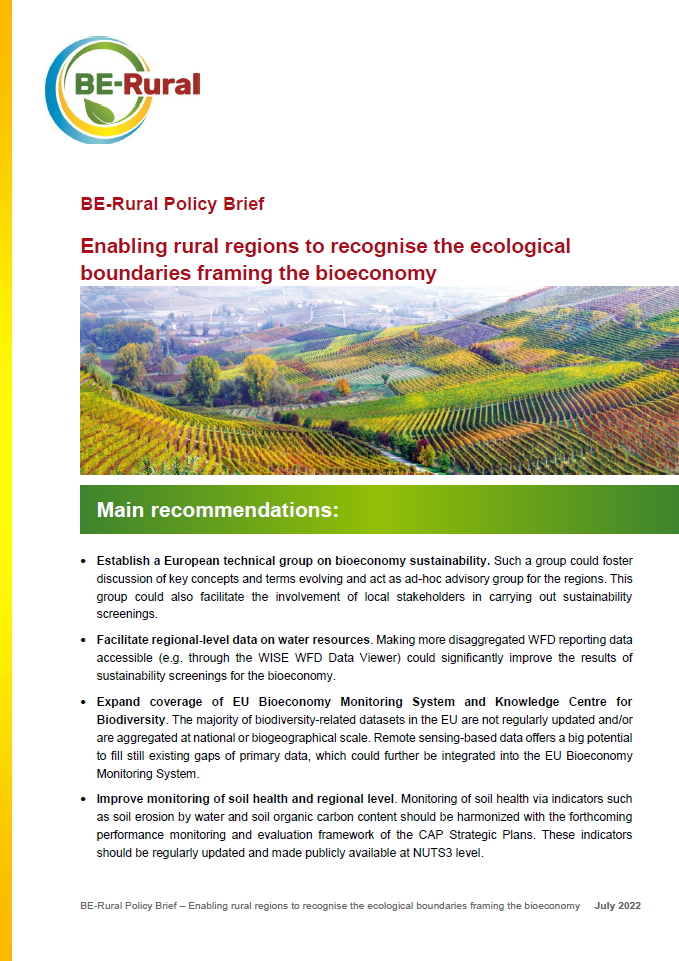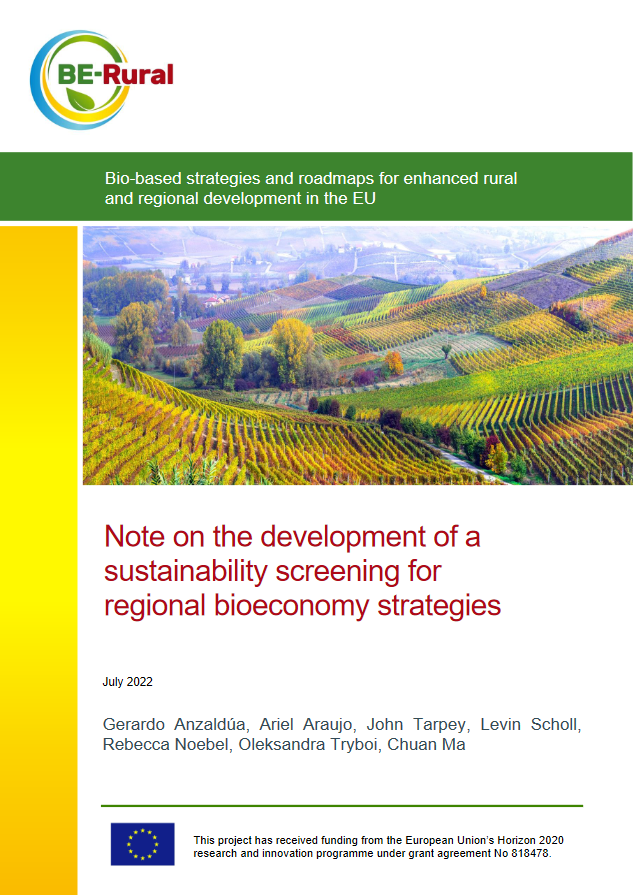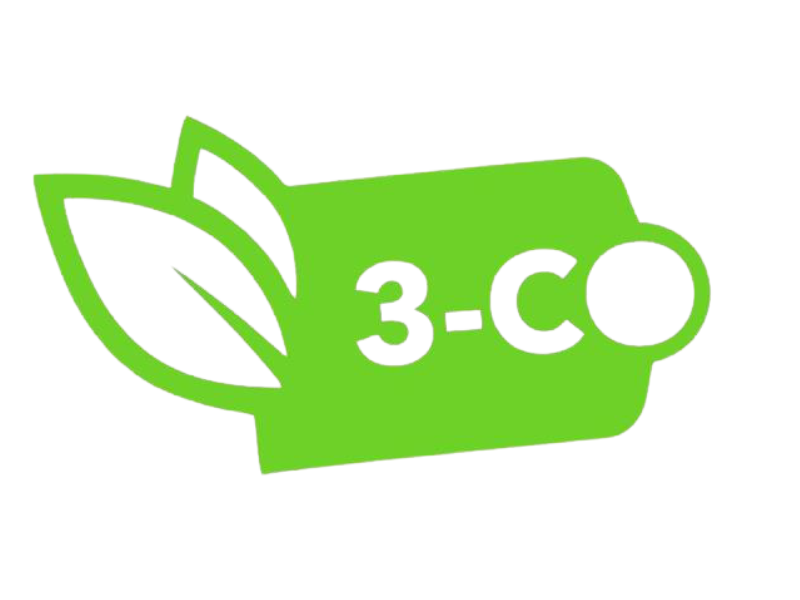© Photo: Czapp Botond on Unsplash; Cover: Be-Rural Project, 2021
Small-scale Bio-based Business Models and their Market Potentials
Summary Report
- Publication
- Citation
Anzaldua, G., Araujo, A., Tarpey, J. and Schock, M., 2021: Summary report on small-scale bio-based business models and their market potentials. Policy Brief. Ecologic Institute.
How can rural regions turn local resources into thriving businesses for the bioeconomy? This report, produced under the BE-Rural project, explores exactly that question.
Through capacity-building exercises in five European regions, facilitators worked with entrepreneurs and stakeholders to design locally-adapted business models and assess their market potential. The results provide concrete building blocks for regional bioeconomy strategies and roadmaps.
The report covers:
- An overview of the EU framework supporting bio-based transitions.
- Lessons learned for facilitators and stakeholders on fostering innovation and cooperation.
- Case studies of small-scale businesses, including:
- Sustainable Energy Communities in Romania
- Mycelium-based packaging in North Macedonia
- Wood wool products & eco-tourism in Latvia
- Slow tourism with low-value fish in Poland
- Cold-pressed grape seed oil in Bulgaria
The findings highlight the potential of small-scale bioeconomy businesses to build strong regional networks, link new value chains, and improve the well-being of rural communities.




